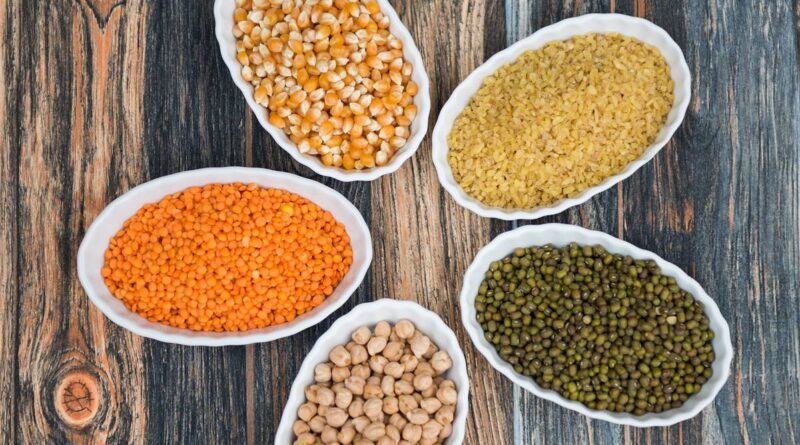Retail prices of pulses rule high, despite fall in mandi rates
By Sandip Das
The retail pulses prices continue to rule firm despite fall in mandi prices with the arrivals of the kharif harvests and robust imports.
According to the department of consumer affairs, modal retails prices of key pulses – tur, urad and chana — have been ruling at Rs 160/kg, Rs 120/kg and Rs 90/kg on Monday, which has remained unchanged for the last three months.
The consumer affairs department has urged retailers to reduce prices of pulses in line with the decline in wholesale rates. Officials said while prices tur, masur, chana, moong, yellow peas, urad etc have declined by 5-20% in the last two months in the wholesale markets.
With the arrival of the kharif harvest and robust imports due to abolition of duties improving supplies, the retail pulse prices are likely to soften in the next couple of months after staying elevated for 2023, trade sources have said.
They said that mandi prices of tur or arhar and urad varieties of pulse have started to fall with the fresh kharif arrivals and expectation of bumper crops, while chana prices have softened because of adequate supplies of yellow peas and Bengal gram because of duty-free imports allowed since last December.
Lower market prices would bring down retail pulses prices soon, sources said.
Sources told FE that around 2.5 million tonne (MT) of yellow peas has been imported in the country to improve domestic supplies after duties on shipment was abolished a year ago. Another MT of Bengal gram or kabuli chana is being imported from Australia.
In 2023-24 crop year (July-June) due 10% drop in chana output to 11.03 MT on year because adverse weather conditions pulled down overall country’s pulses output by 7% to 24.24 MT on year. However, trade sources had estimated a much higher drop in chana last crop year which forced the government to relax import duties on yellow peas and desi chana or bengal gram, used as substitutes for chana.
Officials said that while sowing of chana, which has 50% share in the country’s pulses production, has been largely completed, harvesting would commence from end of March or early April. Retail inflation in pulses have been in double digits since June, 2023 because of lower output of key varieties of pulses like chana, tur and urad in the 2023-24 crop year. The prices have started to soften in the last couple of months.
“Overall crop prospects for tur look robust, the government will have to step up procurement at MSP after a gap of two year when prices ruled much above MSP at around Rs 100/kg,” Nitin Kalantri, managing director, Kalantry Food Products, a Latur, Maharashtra-based pulses processor, stated.
While agencies such as Nafed and NCCF could not purchase tur dal from the farmers as prices were ruling atleast 30% above MSP because of lower output in 2022-23 and 2023-24, this year the crop prospects is promising which has already brought down prices to Rs 7500- Rs 7700 /quintal against the this year’s MSP of Rs 7550/quintal.
Arrivals of tur are expected to peak at the end of January which would bring down prices further. Urad mandi prices are ruling around MSP of Rs 7400/quintal.
Meanwhile, the government has approved 0.9 MT of procurement of tur dal at minimum support price (MSP) for the kharif 2024 season in Karnataka and Maharashtra by agencies such as farmers’ cooperative Nafed and NCCF.
Agriculture minister Shivraj Singh Chouhan has stated that the government is committed to procure 100% of urad, arhar and masur varieties of pulses, which the country imports in substantial quantities, in all the key growing states. India imports about 15-20% of its annual pulses consumption.
This article has been republished from The Financial Express.

